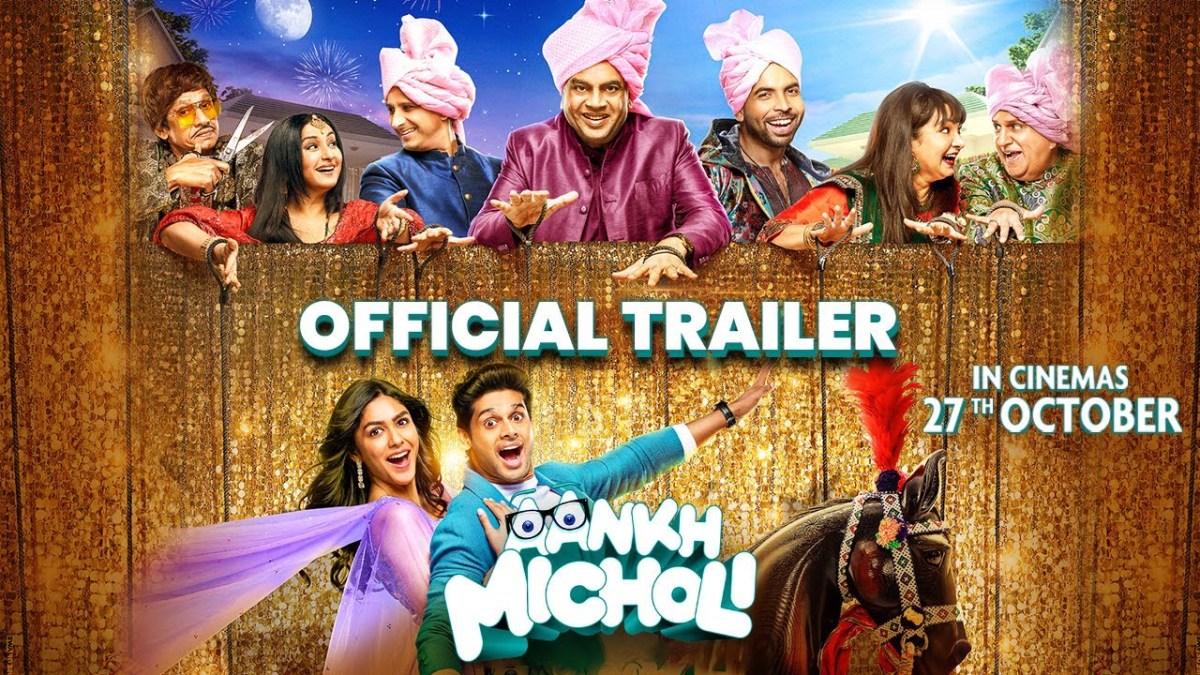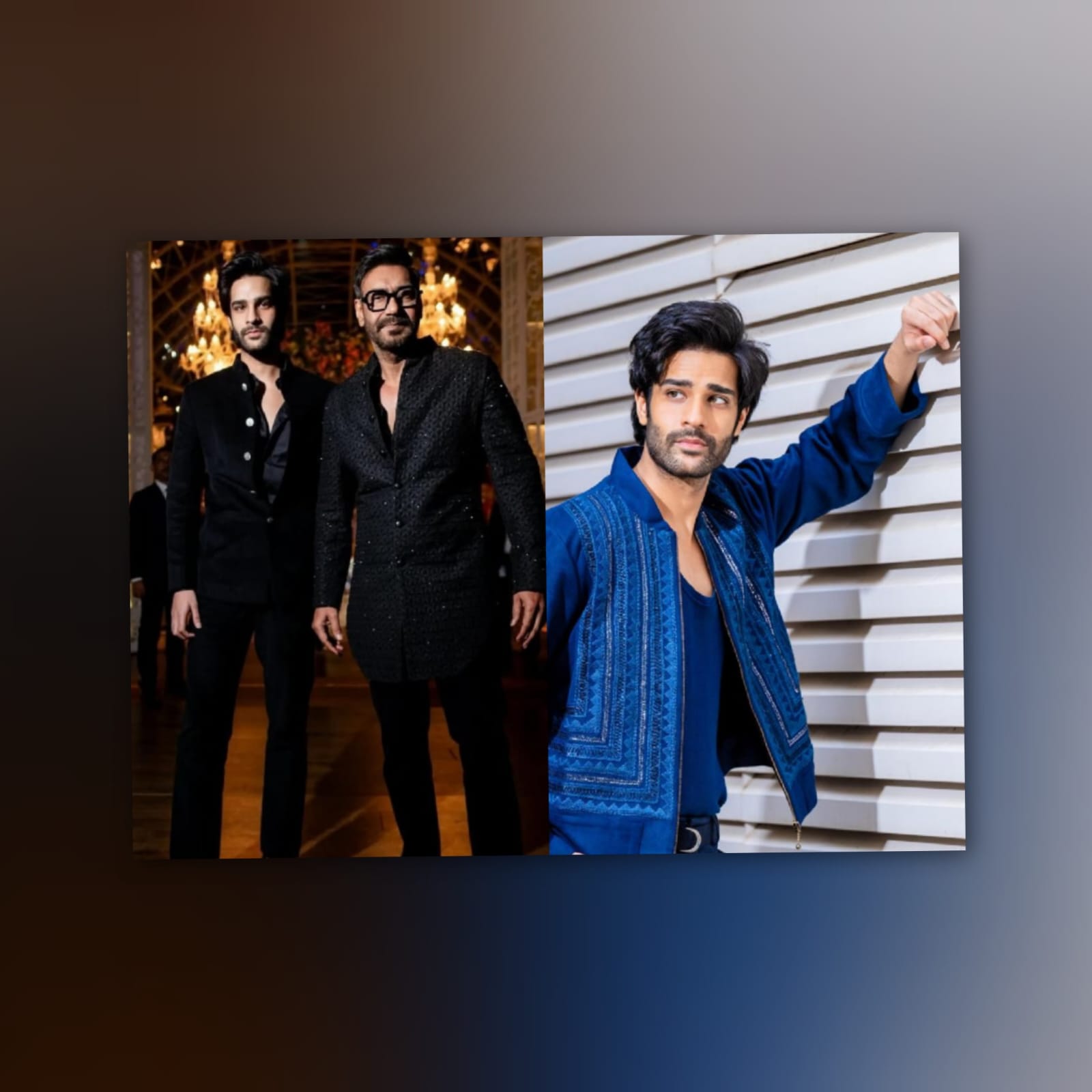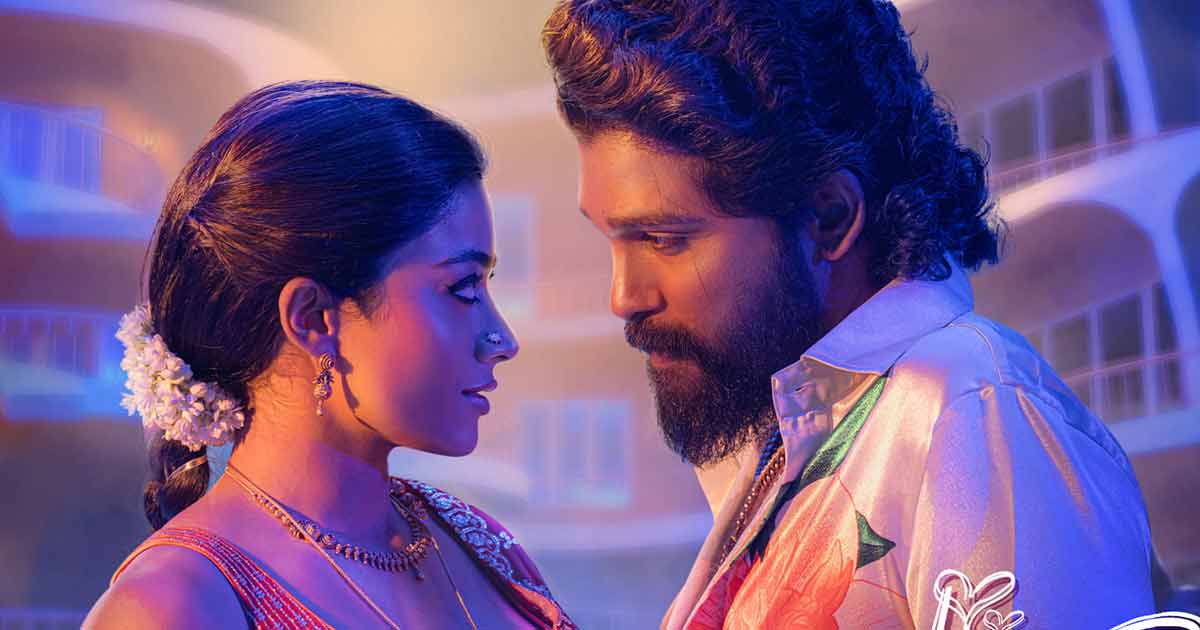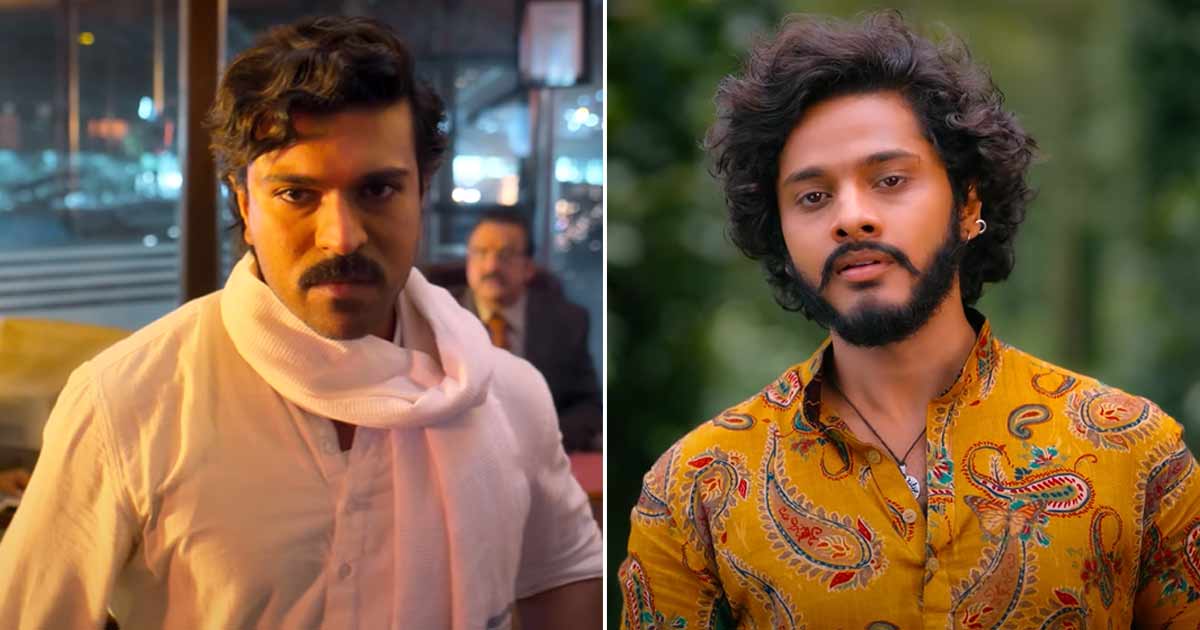
Run, hide if you want to save your senses – Beyond Bollywood
Whilst the Umesh Shukla directorial draws your attention to certain physical disabilities, it does what most such Bollywood films do i.e., make a joke out of one’s disability.
Rating: ⭐️✨️ (1.5 / 5)
By Mayur Lookhar
Everything is fair in love, war, and family. The narrator Arshad Warsi makes it clear at the onset. This family though is as weird as it gets. Punjab’s Navjot Singh [Paresh Rawal] is an Ayurvedic doctor but he suffers from regular memory loss. Jeez, it would be dangerous to consult such a doctor. Younger son Harbhajan Singh [Abhishek Banerjee] stammers. His elder son Yuvraj Singh [Sharman Joshi] has poor hearing. Phew, the names! Former Indian cricketers wouldn’t be amused with their namesake. If this wasn’t enough, bad luck runs deep into the family with Navjot’s only daughter Paro [Mrunal Thakur] suffering from nyctalopia (commonly known as night blindness). Thankfully, there are two fit beings in this family – Yuvraj’s wife Billo [Divya Dutta] and their boy Goldie.
It takes eight years for Billo to realise that Yuvraj and his family created drama on her wedding night to falsely claim that her husband lost his hearing ability after a [staged] accident that night. Billo is naturally disturbed to know this truth now. She walks out of the house with her son, but is then compelled to stay back. The Singhs now intend to dupe a royal Patel family, who are seeking a bride for their handsome nephew Rohit Patel [Abhimanyu Dassani]. The Singhs wants Paro to be wedded to Rahul. Interestingly, they had met before in Switzerland, when Rahul retrieved Paro’s phone from a local thug, who was masquerading as Charlie Chaplin. As a tribute, this sequence is rightly captured in monochrome. The Patels are invited to stay in the Singh household for few days.
Paro can’t see his face in the night. Our hero is reluctant to reveal himself in the day. What’s going on here?
A deaf, mute, and a blind man hiding their disability to seek a prince charming for their beloved sister. Didn’t viewers in Punjab, and other target areas, witness this in Maujaan Hi Maujaan [2023]? We didn’t see the Punjabi film but the word around it isn’t all that positive. Unfortunately, we had to sit through 144 minutes of director Umesh Shukla’s Aankh Micholi [2023]. It translates to hide and seek, and that is precisely what one gets to endure for over two hours until the cat is out of the bag.
Shukla has earned his stripes with strong content driven films like Oh My God [2012] and 102 Not Out [2018]. He steps into Punjab, its culture through the Jitendra Parmar screenplay. Whilst Aankh Micholi has people with physical disabilities, Shukla, Parmar perhaps haven’t studied the disabilities beyond their [presumably googled] scientific names. What we get is another Bollywood film that makes a joke of physical disability. The only sensitivity we find here is in the disclaimer where the makers have spelled out loud that it doesn’t want to hurt sentiments of people suffering from physical disabilities.
Such silly cinema was passable in the late 80s, 90s. The modern masala filmmakers would sell such content on a ‘leave-your-brains-behind’ gimmick. Well, the brain is fine, but given the poor quality, one perhaps will have to walk in to the theatre leaving your brain behind plus shut your eyes, mouth, and ears to remotely buy into this regressive idea. Far from creating awareness, it mocks people with disability.
When the truth is out, Navjot Singh pleads with the Patels to not call off this wedding telling them that his family didn’t suffer from physical disability from birth. Didn’t suffer from birth? Phew, is it a crime to be born with physical disability?. To back this, Navjot throws a shocking sob story where his wife’s death in an accident left a devastating impact on him and his children. As his wife was mowed down by a truck, a shocked Navjot lost his memory, and chose to erase the tragedy from his mind. Harbhajan cried mumma and since that moment, stammers. Yuvraj was so stunned by his dying mother’s cries that he chose to never hear again. And Paro, then a child, closed her eyes, never to see in the dark again. A viewer is left scratching his head, laughing at the absurdity of this story. Thankfully, it turns out to be a family-saving story. Remember Arshad Warsi’s words, everything’s fair in love, war and family.
The insipid plot, screenplay and the cringe/outdated dialogues seriously test your nerves. Father calling his son behra [deaf], brother-in-law, husband calling Billo a witch/snake. Phew, which brother-in-law would wipe his mouth by pulling his bhabhi’s dupatta at the dining table? Then we get to hear the Patels [played by Darshan Jariwala, Grusha Kapoor] tell Harbhajan ‘Teri shakal toh driver jaise hai’ (You look like a driver). The moment you hear such words, you realise how this film is insensitive towards people of all kinds. Jeez, there’s a bad joke on Indian cricket legend Sachin Tendulkar too.

There’s no harm in putting people out of their comfort zones. So, it is fine for non-Punjabis to be playing Punjabi characters. However, they shouldn’t end up as caricatures. Despite a decent show by Sharman Joshi, Abhishek Banerjee, the poorly written characters hamper these artistes. Paresh Rawal, Mrunal Thakar are total misfits here. Divya Dutta has to endure the heavy Punjabi accent, but is mindful of not turning her character into any caricature. Vijay Raaz makes a sincere effort to get the Punjabi accent right. Bhatti [Raaz] is amusing as the envious fellow Hoshiarpur [Punjab] resident. 90s chic Grusha Kapoor seems keen on emulating blabbermouth Dolly Bindra. Her bubbly face though makes it less sufferable. Abhimanyu Dassani will simply be pleased to have a film.
Shukla had a talented cast at his disposal. What’s evidently lacking is a compelling story, screenplay and sound direction. Few scenes overseas and in Punjab are captured finely by Sameer Arya (cinematographer). That’s not enough to lift this uninspiring, insensitive film. There’s no harm in making light of one’s woes but it’s insensitive to mock physical disability. Do play aankh micholi [hide and seek] but as for this film, we’re reminded about the proverbial Japanese maxim – see no evil, hear no evil, speak no evil.
Earlier slated to release on 27 October, Aankh Micholi [2023] is now set to be released in theatres on 3 November.
Publisher: Source link

Aaman Devgan 2nd Movie Announced – Jhalak




